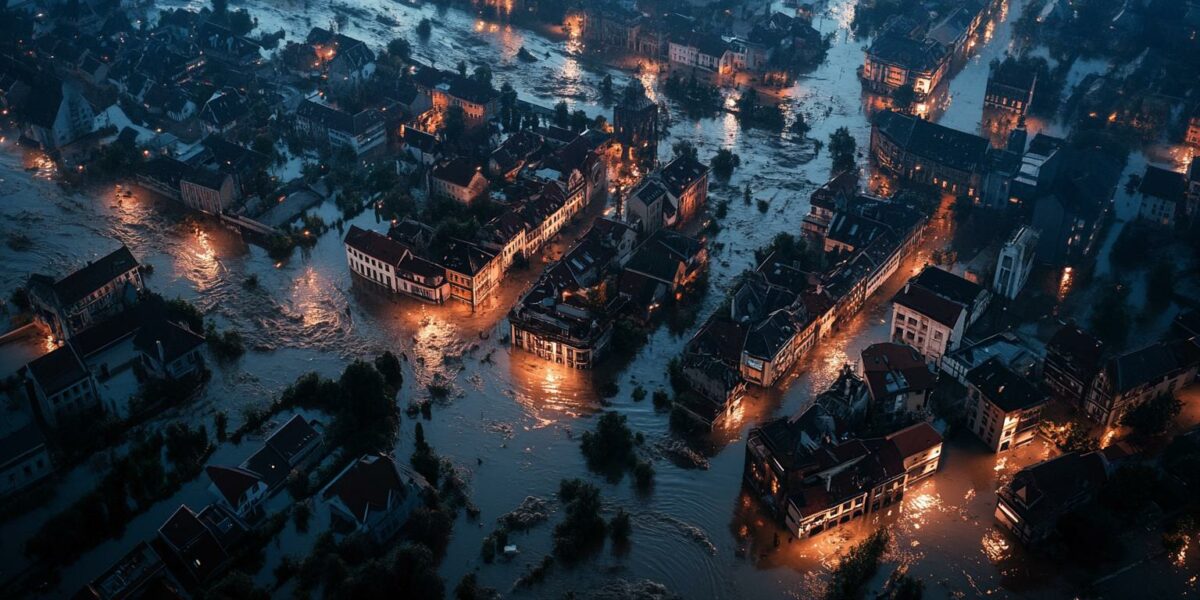The Urgency of Climate Action
The scientific community is raising alarms: The planet is veering far from its climate targets. The year 2023 was the hottest on record, and the initial months of 2024 are following the same trend. This data, from leading international sources, underscores the need for immediate and decisive action.
WMO Secretary-General Celeste Saulo has called for urgent and ambitious measures to support sustainable development and disaster risk reduction. According to her, the decisions we make today could spell the difference between a catastrophic future and a sustainable one.
The recent UN-partnered United in Science report corroborates this, stating that record greenhouse gas concentrations will drive global temperatures higher. Ms. Saulo emphasized that extreme weather events are already causing significant damage to lives and economies globally.
The backdrop of her comments included devastating wildfires in Latin America and Portugal, severe flooding in Central Europe, and landslides in Southeast Asia. These events highlight the urgent need for a coordinated global response to climate challenges.
Revolutionizing Weather Forecasting with Technology
Artificial intelligence and machine learning are transforming weather forecasting, making it faster, cheaper, and more accessible. These advances are crucial for sectors like land and water management, which are heavily impacted by climate change.
Satellites play a pivotal role in climate science. Innovations in space-based Earth observations have significantly enhanced our ability to monitor greenhouse gas sources and carbon sinks.
The potential of new technologies such as digital twins, which create virtual replicas of physical objects, and virtual reality, which offers immersive simulated environments, is immense. These tools can help achieve Sustainable Development Goals and improve disaster preparedness.
However, technology alone won’t solve the climate crisis. Ms. Saulo urged global collaboration to share expertise and ensure that the benefits of science and technology are accessible to all, especially at the upcoming Summit of the Future in New York.
Assessing Global Climate Goals
Global climate objectives include the Paris Agreement, the Sendai Framework for Disaster Risk Reduction, and the 2030 Agenda for Sustainable Development (SDGs).
According to the latest datasets from the United in Science report, there’s an 86% chance that one of the next five years will surpass 2023 as the warmest year. Additionally, there’s an 80% chance that global temperatures will temporarily exceed 1.5°C above pre-industrial levels within the same period.
Despite the grim outlook, progress has been made in reducing global greenhouse gas emissions. Initially expected to increase by 16% from 2015 to 2030, the projected rise is now just 3%. However, the emissions gap remains significant, the report notes.
Here are the targets to prevent catastrophic global warming:
- To limit warming to below 2°C, emissions must fall by 28% by 2030.
- For a 1.5°C target, a reduction of 42% is required.
- Current policies project a 66% chance of reaching 3°C this century.
Harnessing Innovation for Climate Solutions
Advanced technologies are pivotal in addressing climate challenges. AI and machine learning have made weather forecasting more efficient, which is critical for disaster preparedness and adaptation strategies.
Satellites provide invaluable data for climate monitoring, helping to track greenhouse gas emissions and identify carbon sinks. This information is vital for developing effective mitigation strategies.
Digital twins and virtual reality offer innovative solutions for climate adaptation and disaster risk reduction. These technologies enable immersive simulations and precise modeling, aiding in better planning and response.
However, Ms. Saulo stresses that technological advancements must be complemented by global cooperation. Sharing knowledge and resources is essential to ensure that all countries can benefit from these innovations and collectively tackle the climate crisis.



lily
AI saving the world… sounds like a sci-fi movie plot! But hey, whatever works!
madelyn7
Does this mean we can finally start reversing some of the damage we’ve done?
Emma6
Are there any countries already using AI for climate solutions successfully?
Lucy_Delta
Great, another fancy solution that will probably only benefit rich countries… 🙄
ryan9
Thank you for sharing this crucial information. It gives me hope for the future. 😊
JasmineDelta
This is fascinating. Could AI also help in predicting natural disasters more accurately?
connortranquility
How long before we see these AI advancements actually making a difference?
Hannah
Finally, some good news on climate action! Let’s hope this tech gets implemented quickly.
sebastian
Can AI really make that much of a difference in our climate crisis? I’m curious to see how this plays out.
sadie_siren
Wow, AI helping with climate change? That’s some next-level stuff! 🌍